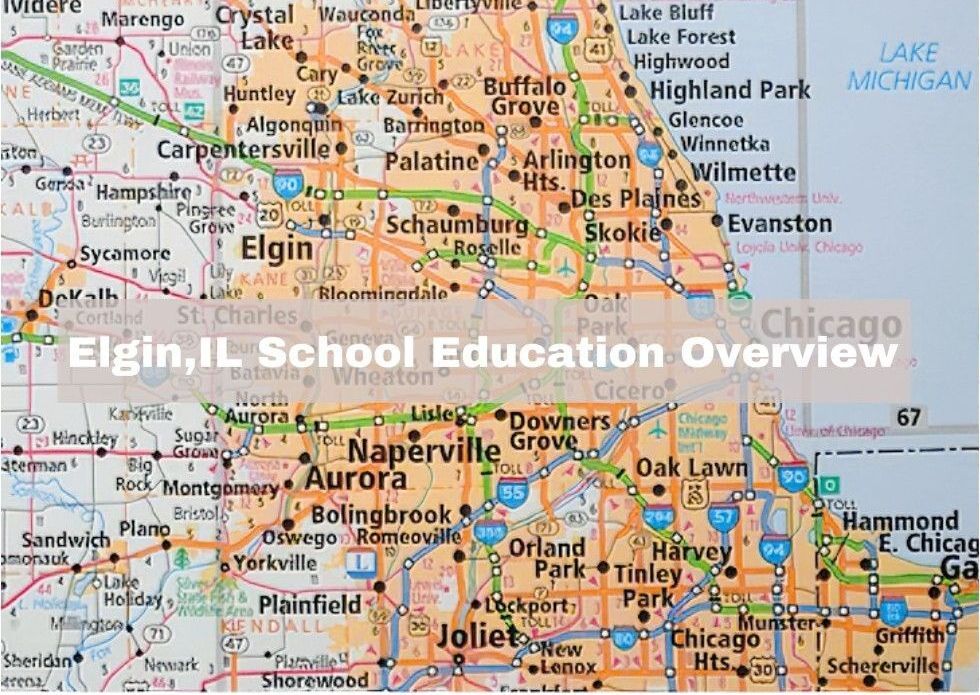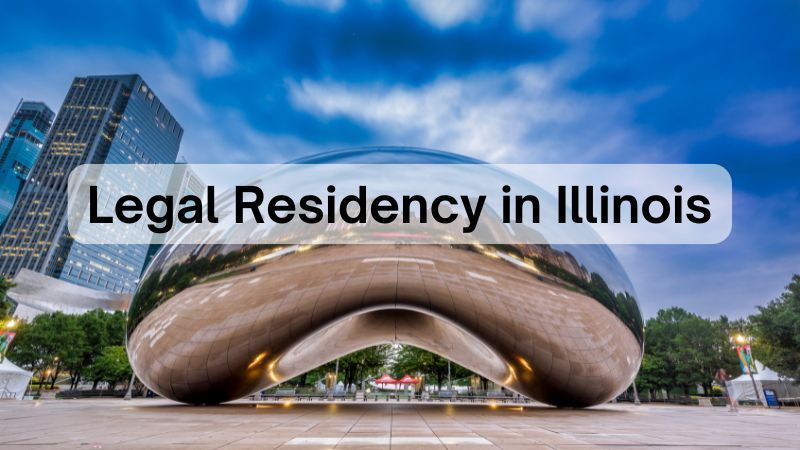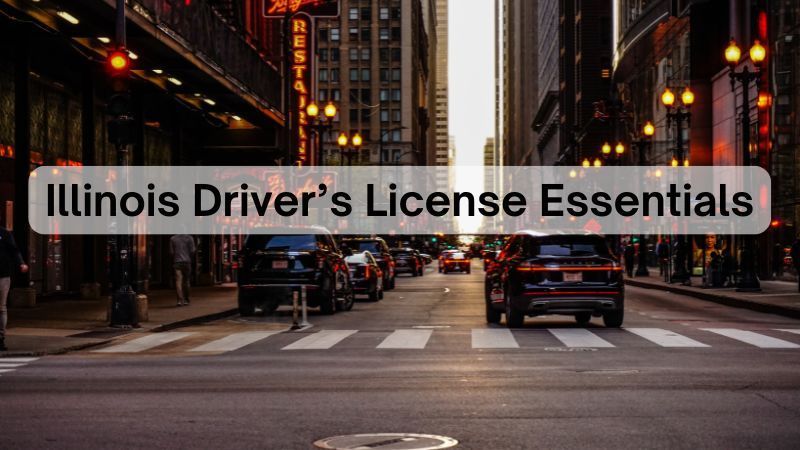The State of School Education in Elgin, IL
The story of education in
Elgin, Illinois dates back to its founding days, reflecting a commitment to learning and growth. This
historical journey began with one-room schoolhouses and has transformed into a comprehensive system that caters to a diverse student population. Education in Elgin has evolved, adapting to changes in educational philosophies and societal needs. Originally, the schools primarily focused on basic literacy and arithmetic, but as the town grew, the curriculum expanded to include sciences, arts, and vocational training. Understanding this evolution gives us important insight into how Elgin shapes its students today.

Distinct Characteristics of Elgin's Education System
Elgin's education system is marked by a blend of public and private schooling options that cater to various educational needs and preferences. Public Schools in Elgin operate under the jurisdiction of School District U-46, which is the second largest district in Illinois. This district comprises 40 elementary schools, 8 middle schools, and 5 high schools, offering a wide array of programs that emphasize core academic skills as well as extracurricular and vocational subjects.
The curriculum standards in Elgin's schools prioritize a holistic approach to education, ensuring that students not only excel academically but also develop critical thinking, collaboration, and creativity. Teaching methodologies have adapted over the years to include student-centered learning approaches, fostering an environment where pupils are encouraged to be active participants rather than passive recipients of knowledge. Educational Demographics
The educational landscape of Elgin is enriched by its diverse student population. With a population that draws from various cultural, ethnic, and socioeconomic backgrounds, Elgin's schools are a vibrant tapestry reflecting the community's diversity. According to recent data, Hispanic students comprise the largest ethnic group, followed by White, Asian, and African American students. This multicultural environment fosters an inclusive learning atmosphere where students learn from diverse perspectives, preparing them for a global society.
One of the primary impacts of such diversity is the need for tailored educational strategies that address the unique challenges and strengths of each demographic group. Schools in Elgin have adopted numerous initiatives to support English Language Learners (ELLs) and provide resources for students requiring additional assistance, ensuring that all students have the opportunity to succeed academically.
Primary and Secondary Education Highlights
Elgin's School District U-46 offers a robust selection of public schools, recognized for their commitment to academic excellence and student success. Among these are South Elgin High School and Bartlett High School, noted for their strong STEM programs and excellence in extracurriculars such as arts and athletics. Additionally, there are specialized programs available that focus on Advanced Placement (AP) courses, career and technical education, and dual credit opportunities in partnership with local colleges. These programs are designed to prepare students for both college and career paths, ensuring well-rounded education outcomes.
Private and Charter School Options
Beyond the public school system, Elgin offers a spectrum of private and charter schools that cater to diverse educational philosophies and learning preferences. Institutions such as St. Edward Central Catholic High School deliver an education that is steeped in tradition while embracing modern educational practices. These schools often emphasize values-based education alongside academic rigor, with smaller class sizes fostering a personalized learning environment.
Charter schools in Elgin provide a viable alternative to traditional public settings, with an emphasis on innovative teaching methods and specialized curricula. For example, some charter schools focus on project-based learning and integrating arts into core subjects, providing students with a dynamic and enriched educational experience. These schools are particularly appealing to families seeking a non-traditional approach to education that aligns more closely with their educational goals and values.
Special Education Programs
Elgin's dedication to inclusive education is reflected in its comprehensive special education services. School District U-46 provides a spectrum of support offerings for students with disabilities, ranging from early intervention programs to post-secondary transition planning. Students have access to tailored instructional accommodations, specialized classroom resources, and a team of experienced special education professionals who work collaboratively with families to meet each child's unique needs.
Colleges and Universities in and Around Elgin
For those seeking higher education, Elgin is home to a selection of institutions that offer a range of opportunities for advancing one's studies. Elgin Community College (ECC) is a cornerstone of higher education in the area, known for its comprehensive programs that span two-year associate degrees, certificate programs, and workforce training. ECC is celebrated not only for its academic offerings but also for its affordability and transfer pathways to four-year universities, making it an excellent stepping stone for students aiming to advance their education.
Places Must Visit in Elgin, IL
Music lovers shouldn't miss the opportunity to experience the Elgin Symphony Orchestra. Known for its world-class performances, the orchestra offers a variety of concerts that feature classical masterpieces and modern compositions alike.
Sports and Physical Education
Sports play an integral role in the educational landscape of Elgin, contributing to the physical and social development of students. Schools offer diverse athletic programs with competitive teams in sports such as basketball, soccer, baseball, track and field, and more. Participation in these programs promotes teamwork, discipline, and school spirit, with many teams achieving accolades in regional and state competitions.
Innovations in Education
Elgin's schools are at the forefront of adopting innovative strategies to enhance the educational experience and meet the needs of 21st-century learners. Technological advancements play a critical role, with the integration of digital tools and resources becoming commonplace in classrooms. Interactive whiteboards, tablets, and online learning platforms are utilized to create engaging lessons and enable personalized learning experiences.
Strategic Plans for Educational Improvement
To combat these challenges and pave the way for future success, Elgin's education leaders have implemented several strategic initiatives. Community involvement plays a crucial role, with schools fostering partnerships with local businesses, organizations, and families to create a supportive network for students. By leveraging these partnerships, schools can bolster resources and provide additional opportunities for students.
Moving Forward with Elgin's Educational Vision
As we reflect on the educational landscape of Elgin, it's clear that the city stands at the precipice of exciting advancements and ongoing challenges. The commitment to innovation, diversity, and community engagement sets the stage for future educational success. Everyone, from educators and administrators to parents and community members, plays a critical role in shaping students' academic journeys.
Falcon Moving, Your Elgin, IL Movers, proud to serve the community, recognizes the importance of a strong educational system in supporting families and students. Whether you're moving to Elgin or relocating within the city, Falcon Moving is dedicated to simplifying your transition, providing stress-free services that allow you to focus on what matters most – securing the best educational opportunities for your family.


Reviews
Our Services
- Local Moving
- Long Distance Moving
- Packing Services
- Labor Only Moving
- Storage Services
- In-Home Moving
- Commercial Moving
- Junk Removal Services
Follow Us
Copyright 2025 | Falcon Moving, LLC | Privacy | Terms| Sitemap | Disclaimer | Accessibility
